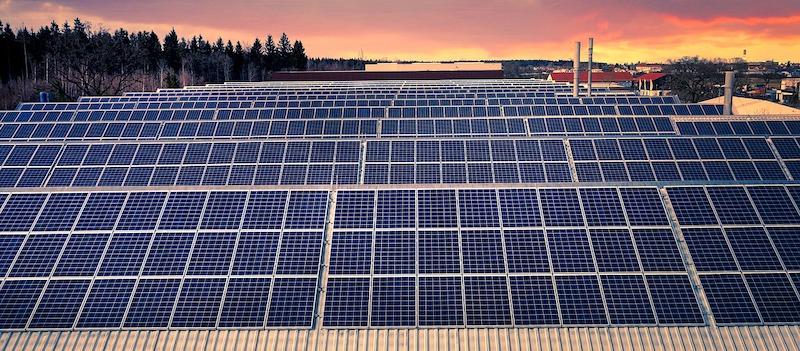The U.S. Solar Energy Industries Association has released voluntary guidelines aimed at eliminating the use of forced labor to build solar panel components.
Some U.S. lawmakers have recently expressed concern that the industry is dependent upon the raw material polysilicon linked to work camps in China’s Xinjiang region. U.N. experts and rights groups estimate over a million people, mainly Uyghurs and other Muslim minorities, have been detained in camps in Xinjiang in recent years.
Officials in China, the world’s largest maker of solar products, have denied accusations of abuse.
The guidelines, in the form of a 40-page document, outline measures companies should take to identify sources of a product’s materials and to analyze their movements through the supply chain. The recommendations include rigorous descriptions and documentation accompany products as they move through factories and are shipped to the U.S.
Related Stories
Codes and Standards | Apr 8, 2021
Sensors used in tunable lighting systems found to have high reliability
DOE study investigated items used to control lumen depreciation, chromaticity shifts, and changes in drivers.
Codes and Standards | Apr 7, 2021
Red tape ruined the U.K.’s home retrofit program
Lessons learned could help US avoid that fate.
Codes and Standards | Apr 6, 2021
Lendlease achieves net-zero carbon in Boston, Chicago multifamily portfolio
New projects in New York, Los Angeles on track to reach goal.
Codes and Standards | Apr 5, 2021
Specification for sliding door, lift and slide roller assemblies updated
Addresses market trend toward heavy sliding doors.
Codes and Standards | Apr 5, 2021
Construction employment rebounds in March following February drop
Rising costs, supply-chain woes, and cancellations threaten outlook.
Codes and Standards | Apr 2, 2021
Intl. Code Council’s new development system could be a brake on building decarbonization
Local governments lose influence on creating new energy efficiency rules.
Codes and Standards | Apr 1, 2021
Cuomo proposes strengthened NY building codes to boost efficiency
Would apply to appliance, equipment efficiency and reduce water use.
Codes and Standards | Mar 25, 2021
N.C.’s Outer Banks’ communities struggle for ways to keep the sea from overrunning them
Tax hikes for beach replenishment offer temporary solution.
Codes and Standards | Mar 24, 2021
Perkins&Will’s D.C. office pledges to eliminate embodied carbon in commercial interiors
Firm aims to reach goal on all designs by 2030.
Codes and Standards | Mar 23, 2021
The 15-minute city may not work in much of North America
Segregated neighborhoods and car-centric cities may not adapt to the European model.

















